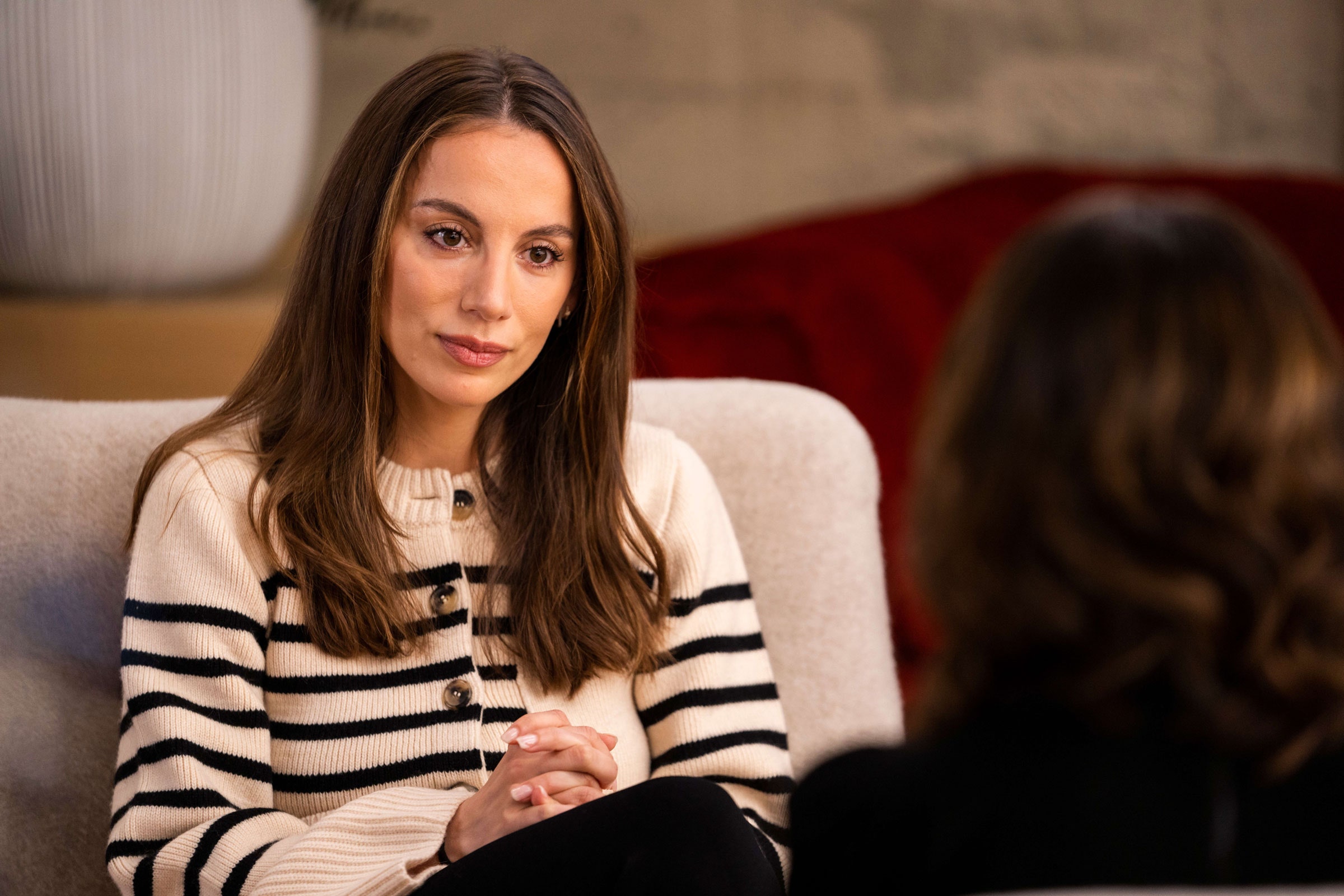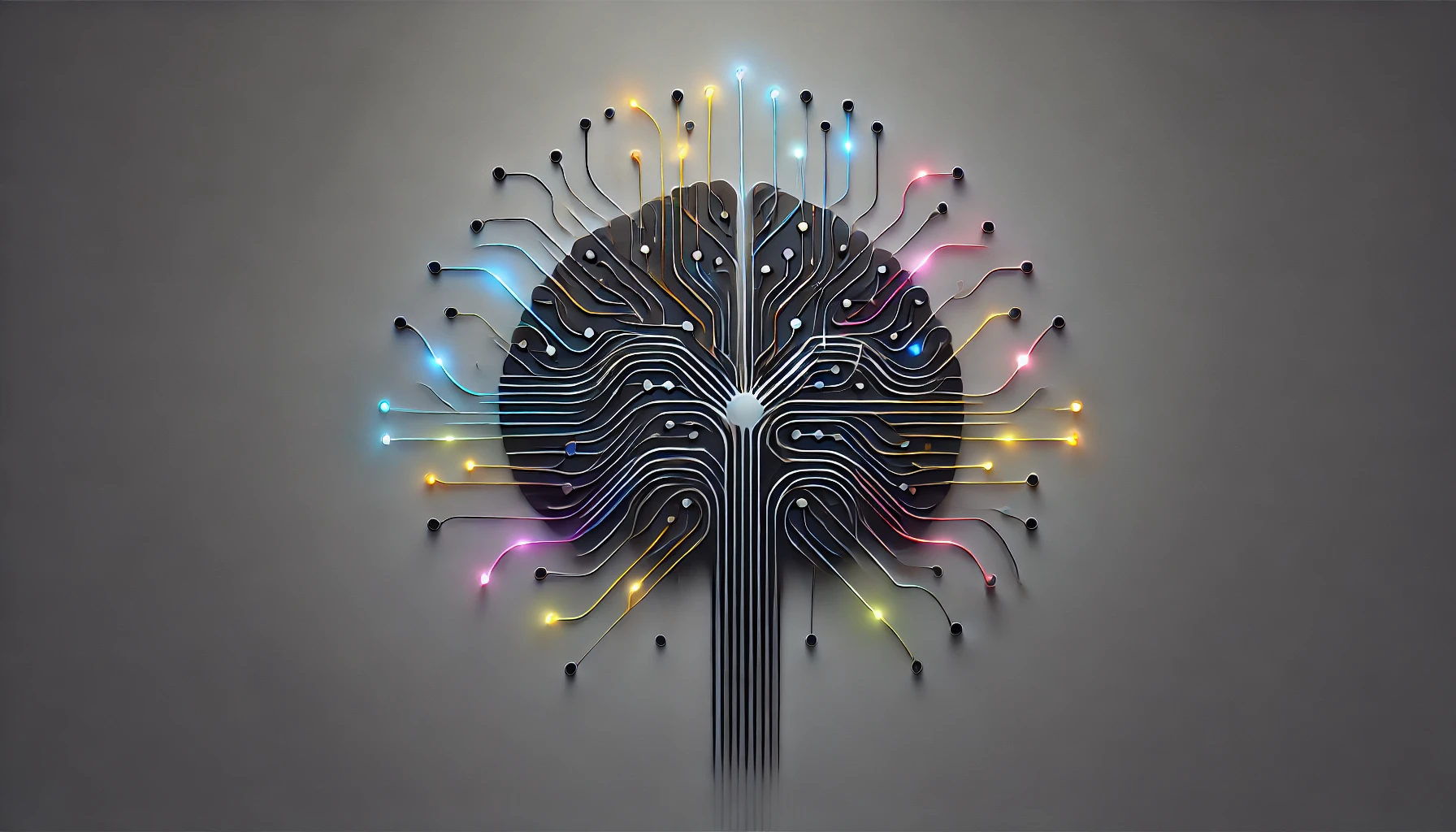OpenAI Under Pressure: Former CTO Murati Charts a New Course
When it comes to AI talent wars, there’s no shortage of drama. This time, the heat is on OpenAI, as former Chief Technology Officer Mira Murati prepares to embark on a new venture. According to The Information, Murati’s departure on October 4th signaled more than just a leadership change—it’s the beginning of a new battle for AI dominance.
Murati has already begun conversations with OpenAI staff about joining her next endeavor, though details remain scarce. Will she team up with Barret Zoph, another former OpenAI exec working on a new startup? Or is she cooking up something entirely different? Either way, OpenAI’s leadership has reason to be on edge.
Google’s Mini-ChatGPT Moment: Big Tech Joins the Fray
OpenAI isn’t just grappling with internal challenges—it’s facing renewed competition from Google. Rumor has it that Google is launching a Mini-ChatGPT-style project, aiming to reclaim lost ground in the AI race. Google’s foray into conversational AI follows closely on the heels of Meta’s AI initiatives and Amazon’s recent push with generative AI tools.
With the AI landscape in flux, OpenAI finds itself squeezed between startups with nothing to lose and tech giants eager to dethrone the current leader. If Murati’s venture gains momentum, OpenAI may have to rethink its strategy—and fast.
The Internal Shake-Up at OpenAI
The leadership vacuum left by Murati’s exit has caused some turbulence within OpenAI. Liam Fedus was recently promoted to lead post-training efforts, but the transition hasn’t been smooth. Several researchers have asked to switch teams, according to insiders, raising concerns about morale and stability within the organization.
This kind of upheaval isn’t uncommon in high-pressure research environments, but it does highlight one crucial point: retaining talent is just as critical as attracting it. OpenAI’s future may depend not just on innovation, but also on how well it can manage internal dynamics and prevent further brain drain.
What’s at Stake in the AI Talent Wars?
The real battle here isn’t just about products—it’s about people. AI research is a highly specialized field, and losing key talent to rivals can set an organization back by months, if not years. OpenAI isn’t the only one feeling the pinch; companies like Google and Meta are locked in similar struggles, each vying to attract the best minds in the industry.
Here’s a quick snapshot of what makes AI talent so valuable:
- Highly Specialized Skills: Researchers in machine learning, natural language processing, and computer vision are in limited supply.
- Long-Term Impact: The contributions of a single AI researcher can shape an entire field, as seen with breakthroughs like transformer models.
- Competitive Salaries: Tech companies are willing to pay top dollar, further fueling the war for talent.
Is OpenAI Ready to Defend Its Turf?
Despite the challenges, OpenAI isn’t out of the game just yet. The organization has weathered storms before, from leadership changes to intense public scrutiny over the ethical implications of AI. If anything, the current turbulence might prompt OpenAI to double down on its mission to lead the AI revolution.
To stay ahead, OpenAI may need to explore new strategies, such as:
- Building Stronger Partnerships: Collaborating with universities and research institutions to nurture talent pipelines.
- Expanding Talent Pools: Looking beyond Silicon Valley to recruit globally, tapping into emerging AI hubs.
- Boosting Employee Retention: Offering incentives like flexible work environments and equity stakes.
What’s Next for Murati—and for AI?
As Murati prepares to launch her next venture, the AI world will be watching closely. Whether she builds a startup from scratch or partners with an existing company, her next move could redefine the competitive landscape. OpenAI, Google, and other players will need to stay on their toes.
At the end of the day, the AI talent wars are far from over. The next big breakthrough might not come from a well-established lab but from a scrappy startup fueled by ambition and fresh ideas.
What’s Your Take?
Do you think OpenAI will hold onto its crown, or is Murati poised to change the game? Will Google’s Mini-ChatGPT project succeed in taking market share from OpenAI? We’d love to hear your thoughts.
Join the conversation and become a permanent resident of the “Shining City on the Web”. Like, share, and participate in the debate—because the future of AI belongs to those bold enough to create it.



















Post Comment
You must be logged in to post a comment.